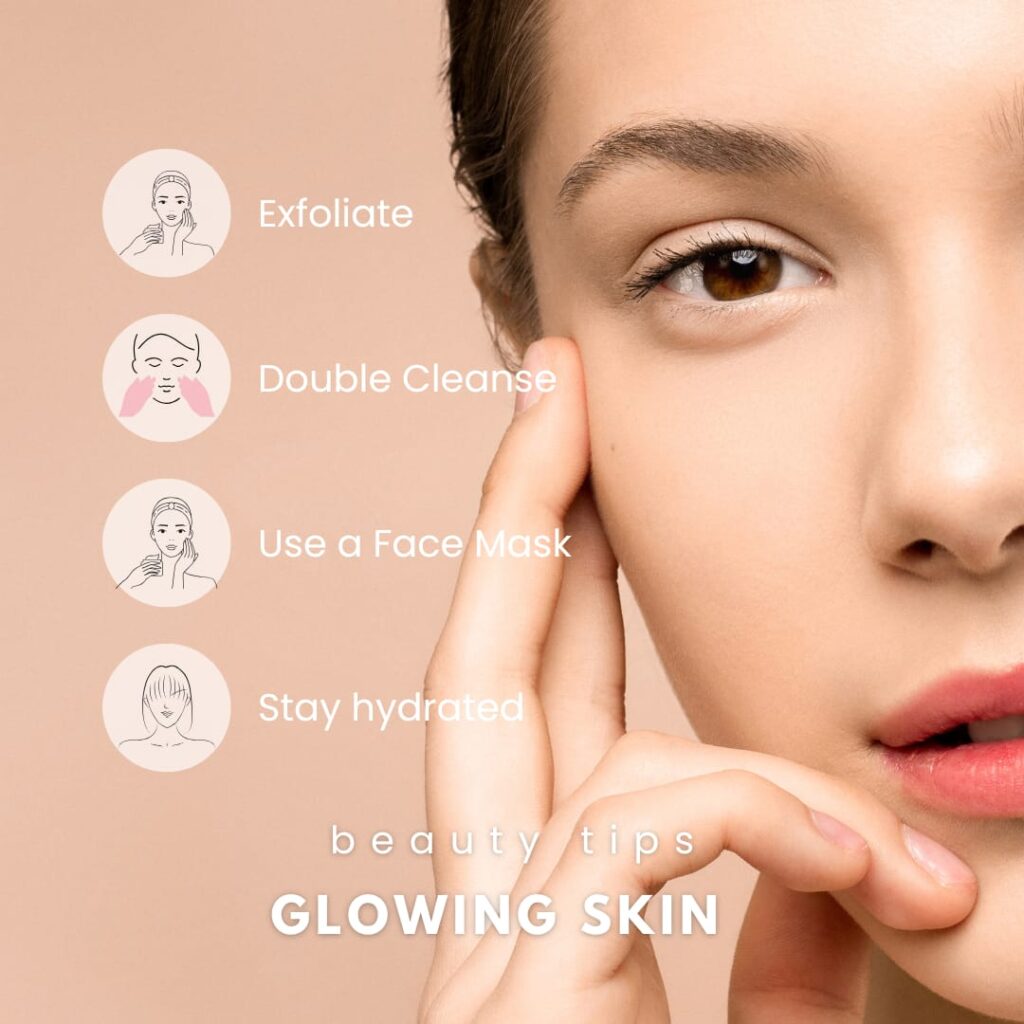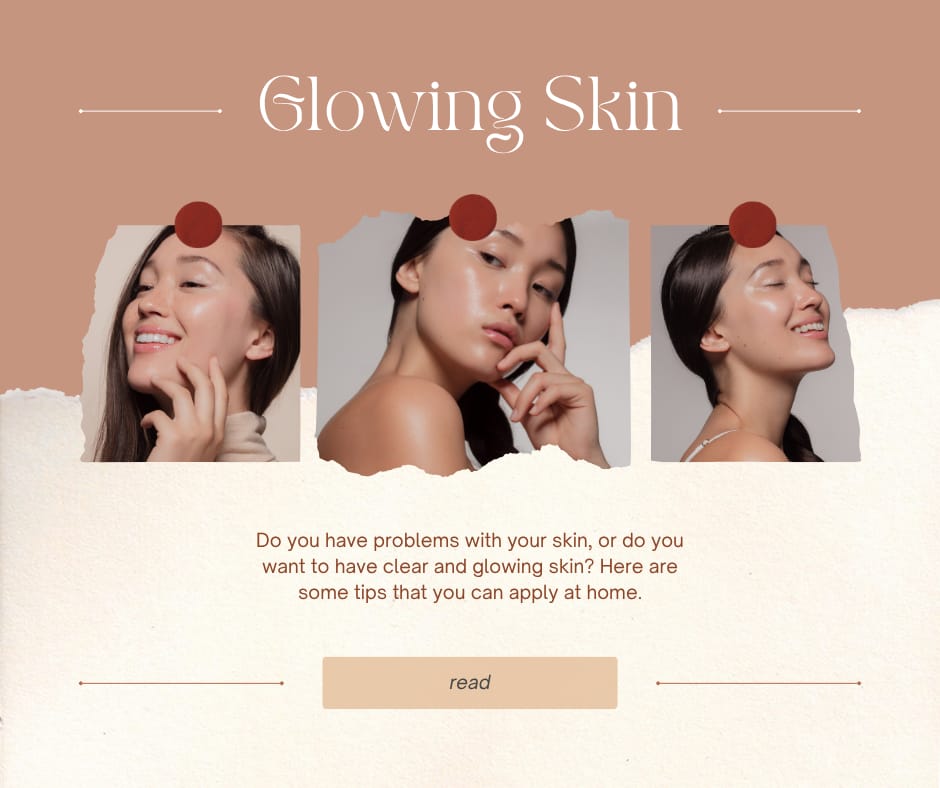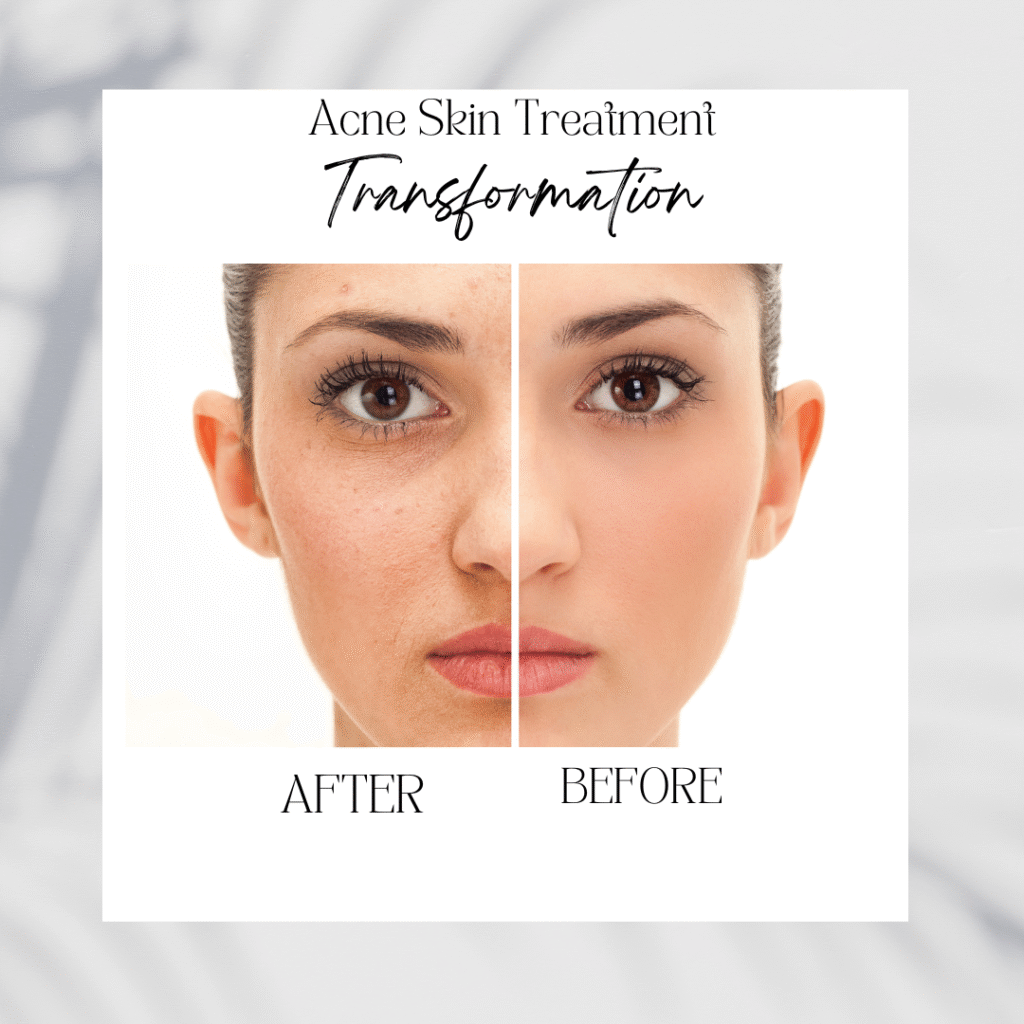Get Glowing Skin: Top Dermatologist Secrets Revealed Achieving glowing, healthy skin is a goal that many strive for, yet it often feels out of reach. Glowing skin is not merely a beauty standard; it serves as a reflection of your overall health and vitality.
When your skin radiates, it can enhance your confidence and make you feel more energized. However, with the abundance of skincare products and advice available, figuring out the best approach can quickly become overwhelming.

In this article, we’ll uncover the top secrets shared by dermatologists to help you attain that sought-after glow. From building a solid skincare routine to emphasizing nutrition, hydration, and lifestyle changes, we’ll guide you through comprehensive steps to transform your skin and sustain its health and radiance.
The Foundation of Glowing Skin: Your Skincare Routine
- Essential Daily Practices
A well-structured skincare routine is the cornerstone of achieving and maintaining glowing, healthy skin. Here are the essential daily practices that dermatologists recommend:
Cleansing: Start your day and end it with a gentle cleanser. Using a mild, non-soap cleanser with warm water is ideal, especially if you have acne or sensitive skin. Avoid products with beads or harsh exfoliants, and opt for cleansers containing gentle exfoliants like glycolic acid for a more effective cleanse.
Moisturizing and Sun Protection: After cleansing, apply a moisturizer to keep your skin hydrated. Use a separate sunscreen, as it serves a different purpose. Choose a broad-spectrum sunscreen with at least SPF 46, such as ELTA MD UV Clear SPF 46, to protect your skin from harmful UV rays. Apply sunscreen evenly, covering all areas of your face, including often-overlooked spots like the edges of your forehead, eyelids, and the space between your nose and upper lip.
Serums and Toners: Incorporate an antioxidant serum, such as one containing vitamin C, to brighten your complexion and shield your skin from environmental stressors. If you use a toner, apply it after cleansing but before your serum to balance your skin’s pH and prepare it for subsequent products.
- Advanced Skincare Techniques
For those looking to elevate their skincare routine, consider these advanced techniques and products:
Retinoids: Adding a retinoid to your nighttime routine can significantly improve skin health by promoting cell turnover, reducing fine lines and wrinkles, and addressing dead skin cells. Start with a lower concentration and gradually increase as your skin adapts.
Targeted Treatments: Use spot treatments for specific skin concerns such as acne, dark spots, or fine lines. Apply these treatments after your serum and before your moisturizer to maximize their effectiveness.
Skincare Tools: Tools like microcurrent devices and gua sha can enhance your skincare routine by improving skin texture and circulation. Use these tools on clean skin, either during or after applying your serum or moisturizer, and follow the specific instructions for each tool.

- The Role of Professional Treatments
While maintaining a consistent home skincare routine is essential, professional treatments can address deeper skin concerns and provide added benefits:
Dermatological Consultations: Consulting a board-certified dermatologist can help you tailor your skincare routine to your specific skin type and concerns. They can recommend personalized treatments and products based on your skin’s needs.
Clinical Treatments: Procedures such as chemical peels, microdermabrasion, and laser therapy can target deeper skin issues like uneven skin tone, fine lines, and sun damage. These treatments are particularly effective when paired with a consistent home skincare routine.
Nutrition and Hydration: Feeding Your Skin from Within - Hydrating for Healthy Skin
Hydration plays an essential role in maintaining healthy, glowing skin. When your body is properly hydrated, your skin benefits in several significant ways.
Water helps preserve your skin’s moisture barrier, reducing dryness, flakiness, and irritation. It also supports skin elasticity, which is key to achieving a radiant and youthful look.
Dehydration can cause various skin problems, such as tightness, dullness, and a higher likelihood of fine lines and wrinkles. It also weakens the skin’s ability to repair itself, leaving it more vulnerable to damage from environmental stressors and pollutants.
To stay hydrated, drink water when you feel thirsty and check the color of your urine, aiming for a pale-yellow shade. While the standard recommendation is eight 8-ounce glasses of water daily, individual needs may vary depending on factors like climate, activity level, and overall health.

- Key Vitamins and Nutrients
In addition to hydration, a balanced diet packed with essential vitamins and nutrients is vital for healthy, glowing skin. Here are some important elements to prioritize:
Vitamin C: Renowned for its antioxidant properties, vitamin C protects your skin from damage caused by free radicals and aids in collagen production. Citrus fruits, berries, and leafy greens are excellent sources of vitamin C.
Hyaluronic Acid: Often applied topically in skincare products, hyaluronic acid can also be beneficial when consumed through foods like sweet potatoes, avocados, and berries. It helps retain moisture in the skin, keeping it hydrated and supple.
Omega-3 Fatty Acids: Found in fish, nuts, and seeds, these healthy fats reduce inflammation and improve overall skin health. They are particularly helpful for conditions like acne and psoriasis.
Zinc and Vitamin E: Zinc supports wound healing and skin cell turnover, while vitamin E acts as an antioxidant that protects your skin from sun damage. Incorporate zinc-rich foods like oysters and nuts, and vitamin E-rich foods such as almonds and spinach into your meals.
A diet rich in these nutrients will enhance your skin’s natural functions, promoting a healthier and more radiant complexion.
Lifestyle Adjustments for Lasting Radiance

- Sleep and Skin Health
Sleep is an important factor in maintaining healthy, glowing skin. Poor sleep is associated with several skin issues, such as dryness, dullness, and accelerated aging.
When you don’t get enough sleep, your skin’s barrier function is compromised, leading to increased transepidermal water loss and dehydration. This can worsen conditions like eczema and rosacea.
Sleep deprivation also elevates cortisol levels, triggering inflammation and breaking down proteins that maintain your skin’s smoothness and elasticity. This inflammation can make your skin more prone to acne, sensitivity, and allergic reactions. Additionally, lack of sleep can result in dark under-eye circles, uneven pigmentation, and reduced skin elasticity.
To support your skin through proper rest, aim for 7-9 hours of quality sleep each night. Sleeping between 9 PM and midnight is especially beneficial as it optimizes the body’s natural repair processes. - Managing Stress
Stress significantly impacts skin health. Chronic stress, like sleep deprivation, increases cortisol levels, leading to inflammation and skin damage. This can cause acne, rosacea, and other skin concerns.
Effective stress management techniques include meditation, yoga, and deep breathing exercises. These practices lower cortisol levels and promote overall well-being, benefiting your skin. Additionally, taking regular breaks and engaging in activities that bring you joy can help counteract the negative effects of stress on your skin.
- Exercise and Your Skin
Regular exercise plays a vital role in maintaining healthy, glowing skin. Physical activity boosts blood circulation, improving oxygen delivery to skin cells, which enhances skin health and radiance.
Exercise also facilitates the removal of toxins through sweating, helping to clear pores and reduce the risk of acne.
Furthermore, exercise has anti-inflammatory effects and helps lower stress levels, both of which are beneficial for skin health. However, balancing exercise with proper hydration and skincare routines is important to avoid dryness or irritation from excessive sweating.
Incorporating physical activity into your daily routine—whether it’s walking, running, or any other form of exercise you enjoy—can greatly contribute to achieving and maintaining healthy, glowing skin.
Conclusion
Achieving glowing, healthy skin is a comprehensive process that combines a consistent skincare routine, a balanced diet, proper hydration, and healthy lifestyle choices. Begin with a straightforward yet effective skincare regimen that includes a gentle cleanser, toner, serum, moisturizer, and broad-spectrum sunscreen.
Nourish your skin from within by staying hydrated and consuming essential vitamins and nutrients. Prioritize adequate sleep, manage stress effectively, and incorporate regular exercise into your daily routine. Consistency in following these steps can lead to a transformation in your skin’s health and radiance.
Take the first step today toward a healthier, more radiant you.
